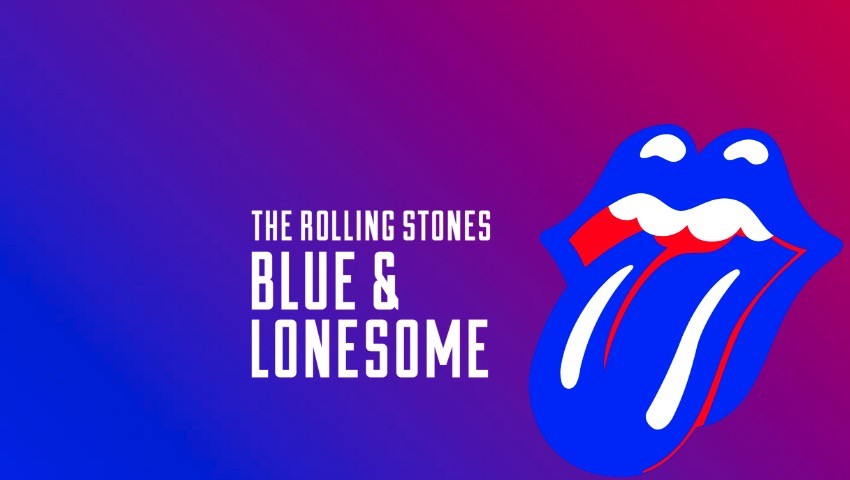For the Rolling Stones, their new blues celebration, Blues & Lonesome, on the Polydor label, could be considered as a return to the scene of the crime. The blues is where it all began for Mick Jagger and Keith Richards, especially Chicago blues. When Jagger and Richards began their friendship anew, they had run into each other on a train, Jagger carrying a Chess Records album of Muddy Waters and Chuck Berry (mail order, no less). And yes, they and the rest of the lads would later discover the magnificence and wonder that is Robert Johnson‘s legacy of brilliance and beauty, but Chicago blues has ever held sway in their hearts.
Since the later part of the ’70s, Stones albums have been inconsistent at best, and bordering on bargain bin fuggedaboutit at worst. There were bright spots to be sure, such as the 1991’s Flashpoint, and 1994’s varied Voodoo Lounge. Their last studio album, 2005’s A Bigger Bang sounded like a band that was in need of rest and a reboot, although even this effort included a couple of gems in “Rain Fall Down” and “Laugh, I Nearly Died.”
The new album, Blue & Lonesome, takes us back to the Chicago blues standards that inspired the Stones in the first place. This was the music that made them want to make music! The boys and co-producer Don Was recorded this modern day revelation in only three days at the British Grove Studios outside London. And oh, by the way, there are more tracks that were recorded that did not make it to this recording. If those are even half as good as those included on the album, we look forward to hearing them too!
Blue & Lonesome marks a return to form for our heroes. For starters, the sound is rawish, but not hollow or shallow, like most of the over-compressed music issued nowadays. The sparseness and gritty quality is present and proper, but not egregious and overpowering.
It cannot be overstated how much we enjoyed this album! For us, Blue & Lonesome is as versatile as Voodoo Lounge, as brash as Some Girls, and has the electricity and grit of Exile On Main Street. Inspiring moments include the pent up energy of Howlin’ Wolf’s “Commit a Crime,” the incredible tension of Walter Jacobs’ “Blue and Lonesome,” and the taunt, distant, haunting quality of Magic Sam’s “All Your Love.”
Sparks fly and everyone is in top form as Slowhand himself, Mr. Eric Clapton, lends a hand on the Miles Grayson/Lermon Horton pearl, “Everybody Knows About My Good Thing.” The Ewart Abner/Jimmy Reed classic “Little Rain” as delivered to us here is a slow, purposeful, understated work of art.
The pièce de résistance is a performance of Willie Dixon’s “I Can’t Quit You Baby” that borders on blasphemy, for surely no one could ever top the Magic Sam version of this blues staple, nor could anyone hope to even approach the intensity and passion of Otis Rush performing this. No sir!
Yet, here are the Rolling Stones, telling us “School is in session, and here is how it’s done.” Not with malice. Not with a sense of being smug, or full of themselves. No: It is done with a sense of knowing. There is nothing to question or dispute. One is only left to marvel at the finesse, the understated prowess, the present but reserved swagger, and the quiet savvy. Mic drop. Nothing more need be said.
Those that are about Chicago blues, need not hesitate. This album is calling you. Those who wondered when the Stones would record an album worthy of themselves, wonder no more. Blue & Lonesome belongs on every Chicago blues and Rolling Stones lover’s shelf, in-between West Side Soul and HooDoo Man Blues.


